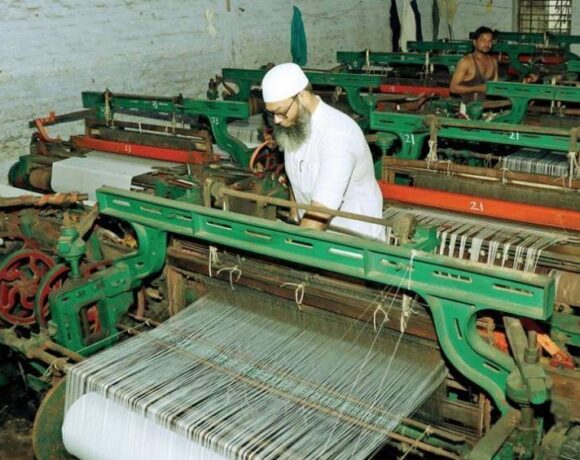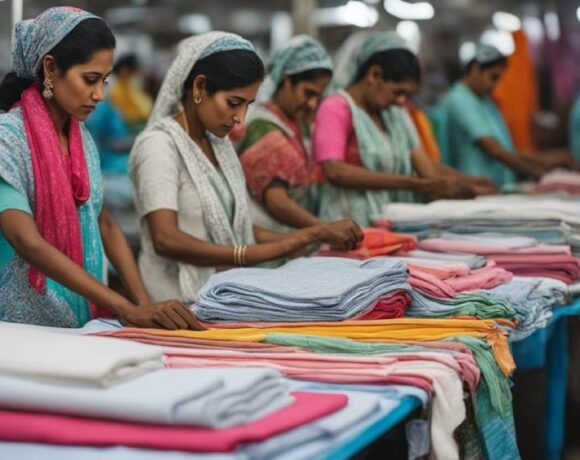Bangladesh’s Political Crisis Sparks Concerns For India’s Textile Sector

The Confederation of Indian Textile Industry (CITI) has raised “significant concerns” about the impact of Bangladesh’s ongoing political crisis on India’s textile and apparel sector. The turmoil in Bangladesh, which is facing its worst political crisis since Independence in 1971, could disrupt supply chains and affect production schedules for Indian companies operating factories in the neighboring country.
“We are closely monitoring the situation in Bangladesh. The country’s growth in the textile sector has been crucial to trade flows across the subcontinent,” said Chandrima Chatterjee, Secretary General of CITI. “However, the potential delays and disruptions to the supply chain are concerning.”
CITI warns that Indian companies with manufacturing operations in Bangladesh may face challenges in maintaining production flow, potentially leading to shortages and forcing firms to seek alternative manufacturing solutions.
As a result, there is already a noticeable shift towards alternative manufacturing hubs. India’s textile hub, Tirupur, known for its robust manufacturing capabilities, may emerge as a key beneficiary of this shift.
The crisis in Bangladesh has escalated with Prime Minister Sheikh Hasina’s resignation amid massive protests, leading to an interim government taking over. This instability could affect major global brands that rely on Bangladesh for sourcing, potentially causing delays and reducing product availability, with ripple effects across the global retail market.
Bangladesh is a crucial market for Indian textiles, serving as both a manufacturing hub and an export destination. “The Indian industry is deeply concerned and hopes for a swift restoration of normalcy,” CITI added, emphasizing the importance of stability in Bangladesh for maintaining smooth cross-border trade and production.














